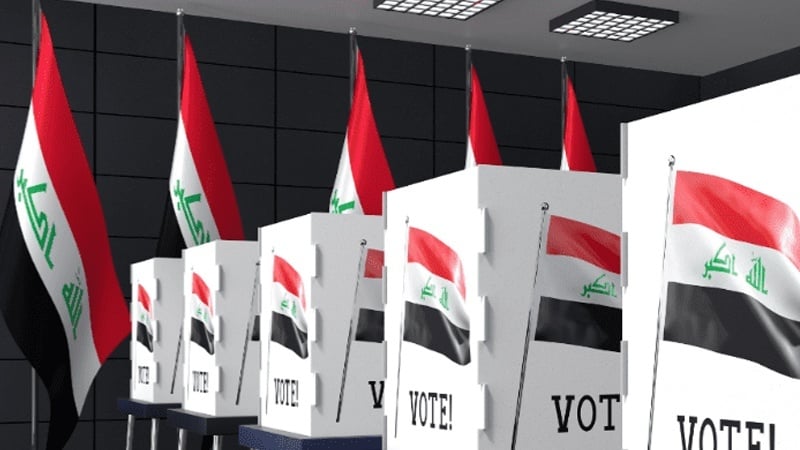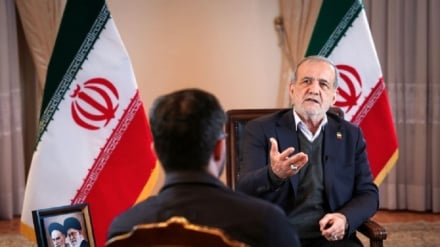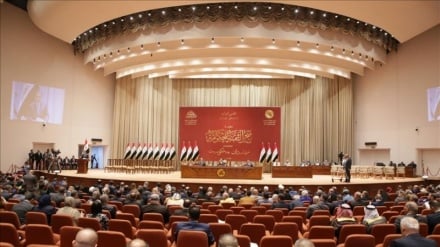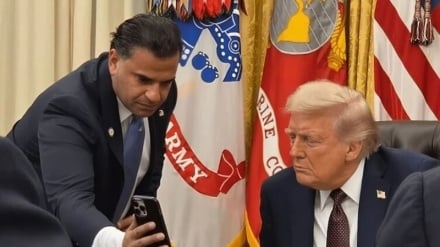Iraq prepares for parliamentary elections; 29 million eligible to vote
-

Iraq parliamentary elections
Pars Today — After weeks of campaigning and intense competition among thousands of candidates, Iraq is preparing to elect 329 members of parliament, with an electoral silence set to begin tomorrow.
Following several weeks of fierce competition among various candidates and parties, Iraq will enter the “electoral silence” phase starting Saturday morning. According to Pars Today, quoting Fars News Agency, this phase will be implemented three days before the parliamentary elections on Tuesday, November 11, 2025.
According to a statement issued by Iraq’s High Electoral Commission, the electoral silence will begin at 7:00 a.m. local time on Saturday and will continue until the end of public voting.
Under Iraq’s electoral laws, any campaigning by candidates or electoral lists during this period is considered a violation and will be subject to legal action against offenders.
The Electoral Commission has stated that the purpose of this period is to “create a calm and balanced environment for voters” so that they can decide whom to elect as their representatives without campaign pressure and in peace.
In this regard, political parties and media outlets have been asked to fully adhere to the rules of electoral silence to ensure the integrity of the elections and equal opportunity for all.
Methods of voter identification
According to Iraqi sources, on election day, the Electoral Commission will use several methods to verify voters’ identities: live fingerprint scanning, biometric cards, identification devices, and cameras to recognize individuals whose fingerprints are unclear.
The total number of eligible voters is estimated to exceed 29 million. Among them, more than 21,223,319 people have updated their information in the biometric system.
Voting for military and security personnel will begin at 7:00 a.m. on Sunday, November 9, 2025. The number of these voters has been reported to exceed 1,313,859.
General voting will take place on the morning of Tuesday, November 11, 2025.
Candidates and potential outcomes
In Iraq’s parliamentary elections, 7,768 candidates are competing, including 5,520 men and 2,248 women. The elected representatives will be responsible for choosing the president and granting confidence to the government.
The current term of Iraq’s House of Representatives began on January 9, 2022 and will continue until January 8, 2026.
According to Iraqi law, parliamentary elections must be held no later than 45 days before the end of the current parliamentary term. Currently, Iraq’s parliament has 320 members, with the majority of seats held by Shia parties and movements.
Following Iraq’s established political tradition, the country’s three main positions are divided among different groups: the presidency goes to the Kurds, the prime ministership to the Shias, and the speakership of parliament to the Sunnis.
Some Iraqi media outlets predict that the Reconstruction and Development coalition, led by the current prime minister, Mohammed Shia’ Al Sudani, may win around 50 seats in the next parliament. In second place, the State of Law coalition, led by Nouri Al-Maliki, is expected to secure 37 seats, followed by the Taqaddum coalition, led by Mohammed Al-Halbousi, with 32 seats in third place.
Iraq prepares for elections
Hassan Hadi Zair, a member of the Electoral Commission’s media team, stated: “All technical and logistical arrangements for holding the elections on schedule, both for special and general voting, have been completed.” He added: “All polling centers and storage facilities are ready, and the training of executive personnel has been fully completed. This process was carried out according to a hierarchical system, from center managers and station supervisors to field staff.”
According to him, the number of election staff is about 230,000, selected and trained from among government employees, university students, and graduates.
The commission has announced that 800 special polling centers and around 8,000 general polling centers have been established across the country. The number of polling stations will be 4,500 for the special vote and 39,800 for the general elections.


